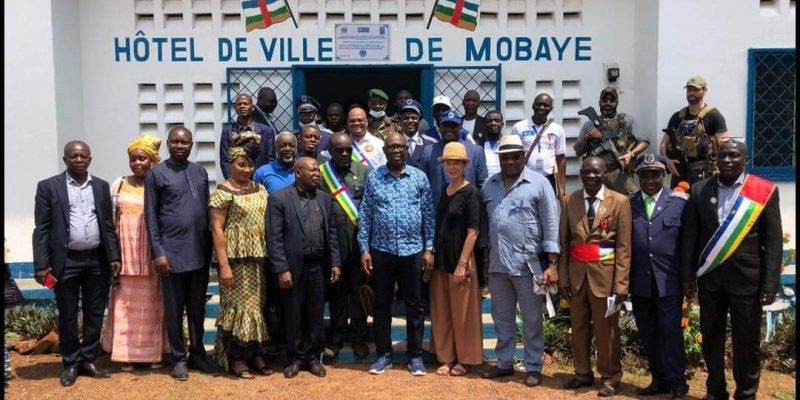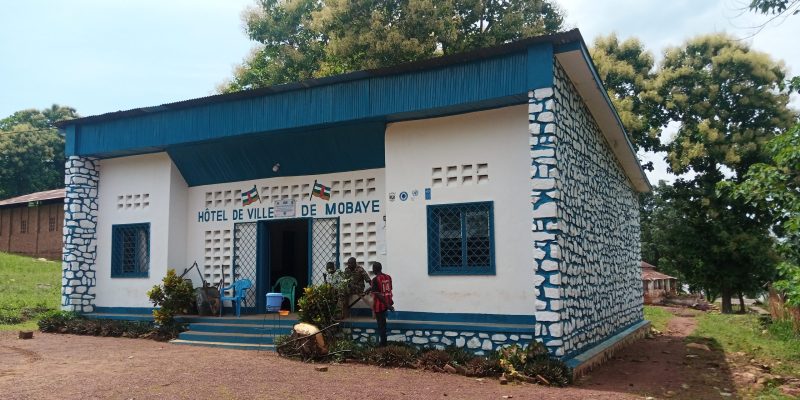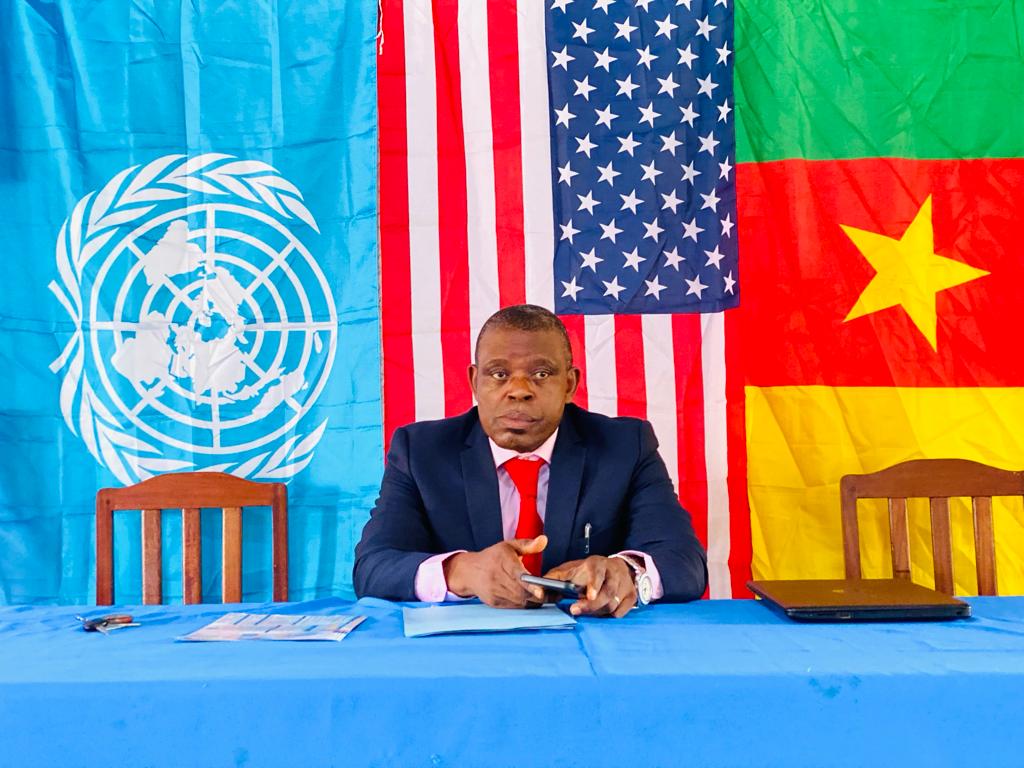- Payment Options
- Terms Conditions
- Maryland, USA
- info@cohebinternational.org


December 2020 - December 2021
In recent decades, the sub-prefecture of Mobaye has experienced serious political and security crises that have severely weakened institutions and hindered the economic and social development of the locality. In addition to the collapse of the administration, with targeted attacks on state structures and looting of the livelihoods of rural communities, the consequences have proved disastrous on the human level (killings, rape, mass displacement of populations...). Despite efforts since the return to constitutional order in 2016, Mobaye’s environment remains very fragile. On top of this, production systems, including subsistence agriculture, on which most of the population depends, have collapsed, making people heavily dependent on humanitarian aid for their livelihoods.
This was the difficult context in which the COVID-19 crisis occurred, with potentially devastating consequences, particularly for the most vulnerable groups or communities. In addition to the toll on lives lost, the pandemic’s outbreak would unravel some of the gains made in recent years in terms of rehabilitating basic public services, including health. As of July 16, 2020, the country had 4,362 confirmed COVID-19 cases and 53 deaths and is facing a surge in infections The COVID-19 crisis is therefore a major challenge for this prefecture of Basse-Kotto, for the health response to the crisis but also for coping with the economic and humanitarian consequences. If left unchecked, the virus infection could be explosive and could result in a precipitous dispersal of populations, without adequate accompanying measures. In general, the COVID-19 crisis will be one too many.
The project is part of the overall effort to respond to the Covid-19 crisis in the Central African Republic. Its main objective is to help reduce the impact of the COVID-19 crisis on the living conditions of the people of Basse-Kotto. More specifically, they are: - Reduce the risks of spreading the Covid-19 virus through information, awareness raising and promotion of barrier measures; - Support the development of income-generating activities and the improvement of people’s livelihoods, in particular through the reinvigoration of growth sectors: - Reduce the vulnerability of populations, especially women and youth, to the consequences of the crisis. In view of the above, the project has contributed to combating the spread of the virus and at the same time supporting the revival of income-generating activities (AGR) and strengthening the resilience of the populations of Mobaye.
- 25,000 people affected by COVID-19 awareness through radio messages and posters - Awareness-raising sessions organized: 05 - Number of persons directly sensitized, by sex: 500% of local committees involved in disseminating barrier measures:5% - Number of infrastructure rehabilitated or built: 3 (1 recreational area, 1 slaughterhouse, 2 crossing structures) - Number of kilometers of dirt road maintained: 5 km of roads on each of the two selected axes (Langandji and Zangba axes) - Number of temporary jobs created: 350 sustainable employment creation by gender: 20 groups from THIMO (200 members) - of women's groups set up and developing AGRs: 15 groups (150 members) - of more vulnerable people with access to basic necessities: 50


Multidimensional strategies in carrying hope for a more united world where the Love of God is shared through actions amongst affected individuals and communities all over the world.









